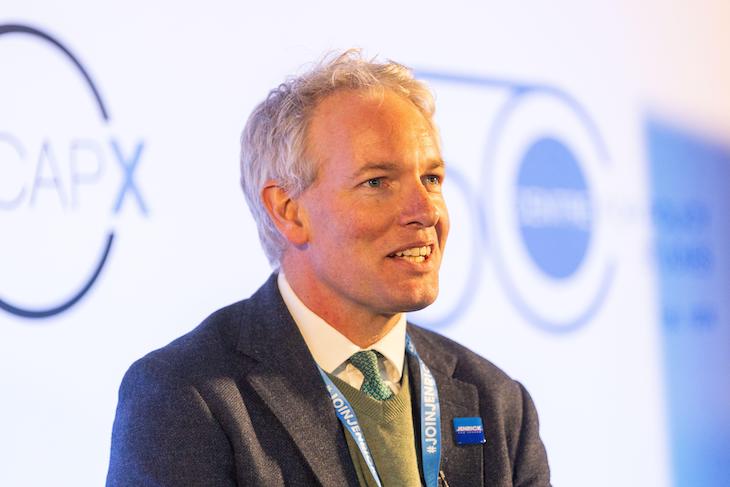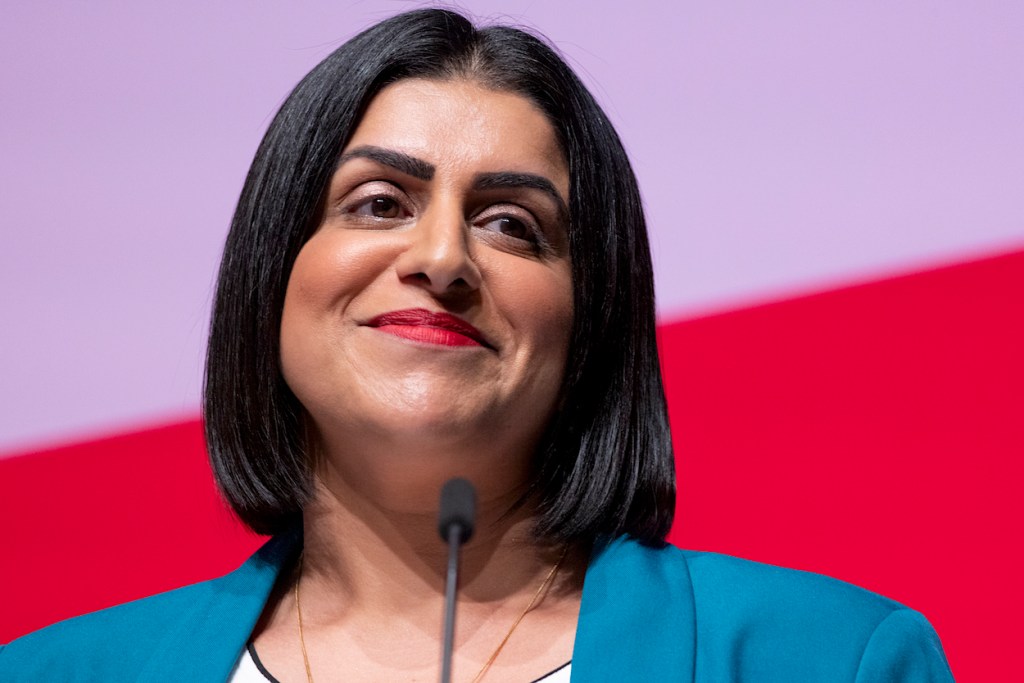Does religion matter in politics today? It certainly does, at least if you pose as someone who is neutral, as the BBC presenters do, or from the centre ground, or if you’re an avowed secularist.
On BBC Radio 4 yesterday morning, Conservative MP Danny Kruger was asked how his stance on the Assisted Dying Bill was informed by his Christian beliefs. He said that it was, but hastened to add that many public Christians are in favour of the Bill, while many atheists oppose it.
The MP for East Wiltshire has been questioned about the link between his faith and his politics before, and he will be asked again. It seems that those who profess to be neutral distrust any religious connection of this kind. This mentality has been especially on show in regards to the Assisted Dying Bill, with Charlie Falconer previously questioning whether his Labour colleague Shabana Mahmood should speak on the matter, on account of her ‘religious reasons’.
"My intention… is to ensure if the bill passes, then it's as safe as possible."
— BBC Radio 4 Today (@BBCr4today) December 12, 2024
@Emmabarnett asks Conservative MP Danny Kruger how difficult it will be to work on the Assisted Dying Bill committee, having voted against it. #R4Today
But there is a fundamental error at the heart of those who cast such judgements. Those who employ the argument that ‘it’s just because of your religion’, do so with the assumption that secular or centrist positions are unbiased and neutral. Yet all viewpoints are biased. One’s point of view is by definition subjective.
All values emerge and exist in a culture that spawned them, not least the ones that most abide to today. Secular humanism sprang from a Christian civilisation in Europe that had already sanctified the concepts of equality and individuality.
There is a fundamental error at the heart of those who cast such judgements
As the late Larry Siedentrop wrote in Inventing the Individual: The Origins of Western Liberalism, it was Christianity that created the rare notion of the individual, instilling ‘the firm belief that to be human means being a rational and moral agent…It puts a premium on conscience rather than the blind following of rules.’ Following the codes of the tribe has been the norm and rule of societies in space and time. Even in a society as progressive as Ancient Athens, Socrates was put to death for questioning its morality and traditions.
As with individuality, another ideal beloved of humanists and secularists, equality, stems from Christianity. This was similarly a concept alien to the slave-owning Greeks, Romans and most cultures. The concept of all men being equal in the eyes of God motivated the first Protestants to rebel against the corrupt Papacy, and for ensuing low-church movements such as the Puritans, Levellers and Diggers to turn their religion into a quasi-political movement that called for strict egalitarianism.
It’s from Christianity that the Enlightenment later emerged, conspicuously with Immanuel Kant’s doctrine of the Categorical Imperative, the unconditional and absolute moral law obliging everyone always to be truthful and do the right thing to others. This is why the later German philosopher Friedrich Nietzsche so deplored Kant: he saw the ‘categorical imperative’ as ‘love thy neighbour as thyself’ dressed up in fancy words. Nietzsche also despised socialism for a similar reason, seeing it as a secularised version of Christianity, perpetuating its talk of justice, equality, kindness and promise of a better life to come. Progress, another tenet of the Enlightenment, was merely Providence reinvented.
Just as secularism and its principles emerged from Christianity, the much-cherished ‘centre’ is not what it believes itself to be. ‘Centrist’ positions change depending what, where and when ‘the centre’ is defined – against which happens to be ‘left’ or ‘right’. The ‘centre’ in Britain today would be be regarded as ‘liberal-left; twenty years ago, and highly radical going back a few decades more. The people many speak of as the epitome of the ‘centrist dad’, Alastair Campbell and Rory Stewart, barely fit that description at all: one was the architect of New Labour; the other is an ethereal, liberal Tory.
No-one can be objectively centre. The centre always shifts and impartiality is ultimately impossible. The BBC’s Verify account was founded on the misapprehension that there can exist guardians of truth who mystically exist outside reality, people who can look upon society with detached forensic rigour. Verify’s very creation prompts Juvenal’s old practical question, ‘Who guards the guards?’; its protracted existence begs the philosophical question: ‘Who are you to pronounce what is true?’ Since its inception, BBC Verify has been caught out making many verifiable errors of its own. Such is the peril forever present of those who profess to be the Olympian custodians of truth.
This is not to say that we should altogether jettison the ideas of neutrality and objectivity. They are still ideals, like the abolition of crime, that are worth pursuing, even though they are similarly never absolutely attainable. We should take a judicial approach to truth, of reaching conclusions that are ‘beyond all reasonable doubt.’ But let’s forego the idea that secularism or centrism are neutral standpoints, or that the ‘centre’ even exists. All of our opinions are personal, and few of them are original.







Comments